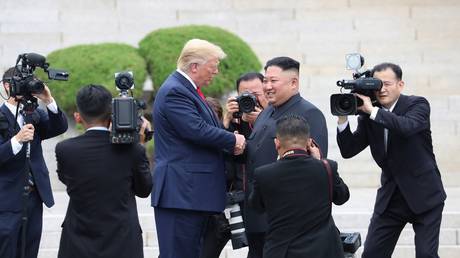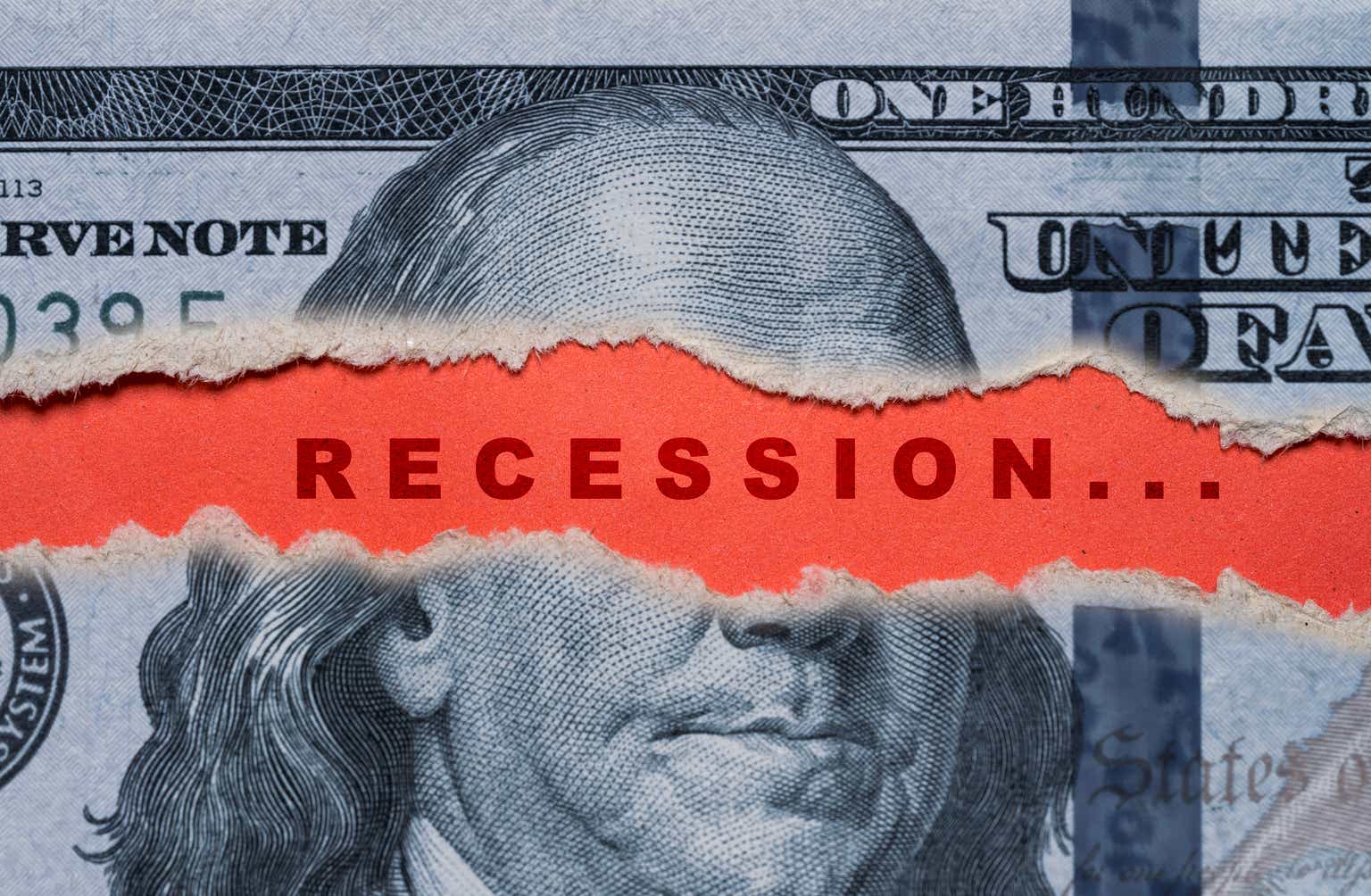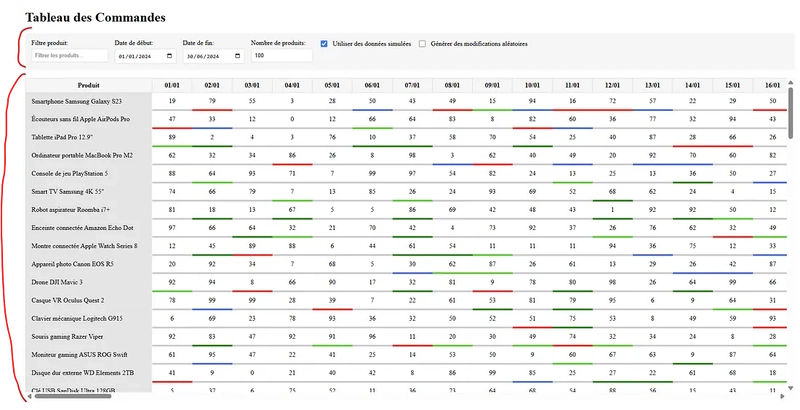Don’t believe the doubters: protest still has power | Jan-Werner Müller
Demonstrations rarely lead to immediate policy change. But they are essential to building community and long-term resistanceOpinions about the protests this month keep oscillating between two extremes. Optimists point to the larger-than-expected numbers (larger than expected by many police departments for sure); they enthusiastically recall a famous social scientific finding according to which a non-violent mobilization of 3.5% of a population can bring down a regime. Pessimists, by contrast, see protests as largely performative. Both views are simplistic: it is true that protests almost never lead to immediate policy changes – yet they are crucial for building morale and long-term movement power.Earlier this year, observers had rushed to declare resistance “cringe” and a form of pointless “hyperpolitics”, a “vibe shift” (most felt by rightwing pundits, coincidentally) supposedly gave Donald Trump a clear mandate, even if he had won the election only narrowly. Meanwhile, Democrats were flailing in the face of a rapid succession of outrageous executive orders – many of which were effectively memos to underlings, rather than laws. But taken at face value, they reinforced an impression of irresistible Trumpist power. Continue reading...

Demonstrations rarely lead to immediate policy change. But they are essential to building community and long-term resistance
Opinions about the protests this month keep oscillating between two extremes. Optimists point to the larger-than-expected numbers (larger than expected by many police departments for sure); they enthusiastically recall a famous social scientific finding according to which a non-violent mobilization of 3.5% of a population can bring down a regime. Pessimists, by contrast, see protests as largely performative. Both views are simplistic: it is true that protests almost never lead to immediate policy changes – yet they are crucial for building morale and long-term movement power.
Earlier this year, observers had rushed to declare resistance “cringe” and a form of pointless “hyperpolitics”, a “vibe shift” (most felt by rightwing pundits, coincidentally) supposedly gave Donald Trump a clear mandate, even if he had won the election only narrowly. Meanwhile, Democrats were flailing in the face of a rapid succession of outrageous executive orders – many of which were effectively memos to underlings, rather than laws. But taken at face value, they reinforced an impression of irresistible Trumpist power. Continue reading...











































































